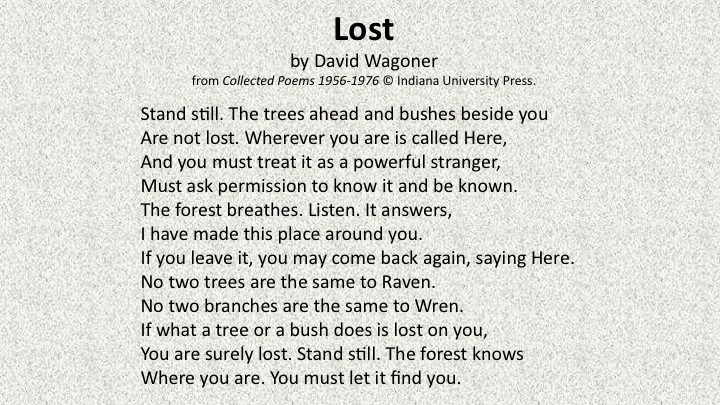This is going to sound ho-hum to some of you, but here’s something I finally figured out after 20 years in ministry with traditional churches: for some people who aren’t “churchy” people, relationships come before worship. I know, right?
See, in traditional (established, historic, existing!) congregations, we already have times and spaces and routines set up for our one true purpose: to glorify God and enjoy God forever. We worship with joy, sometimes, and with lament, sometimes, and with “meh” much of the time. We can always invite a stranger or a neighbor to worship with us because that’s what we’re already doing. “Come on in,” we say, “and bow your head and raise your voice and attend to scripture with us. And maybe afterward someone will invite you to lunch. And maybe then we’ll become friends.” Worship, and then the possibility of relationship.
But what if, for new (potential, possible, lovingly imagined) congregations, we have to reverse the order? Relationships first; the possibility of worship later? What if a new generation of seekers wants to know, before they ever walk into a service of prayer and song and scripture, whether they will have friends there? Whether they will be loved as they are? What if they are not going to take a chance on the established routines of the traditional church, for fear of being rejected (or bored or out of place)? Could we reverse the order so that we make friends first, and then join together in worship of the one true God?
That’s just one of the experiments Galileo Church in Mansfield is working on. We’re spending the first six months of our existence making friends – within the small team we started with, and with the neighbors we’re meeting in our town. For now, we eat and drink together, we talk to each other, we share our life stories, we read the Bible in a way that is inclusive of everybody’s “take.”
Let’s be clear: it’s not worship, not really, not yet. Indeed, some of us are attending Sunday services elsewhere to make sure we remember to engage our whole selves in loving God and praising God’s name. (Thank you, established churches, for welcoming us to your tables.)
We hope that when the friendships are strong enough, and broad enough, the hallelujahs will have built up in our hearts and will burst forth from our throats, and God will receive our worship with joy.
Pray for us, friends. Many thanks, and peace – Katie.
Rev. Dr. Katie Hays began a church-planting endeavor in Mansfield on June 1 with the support of the Trinity Brazos Area of the Southwest Region of the Christian Church (Disciples of Christ).











